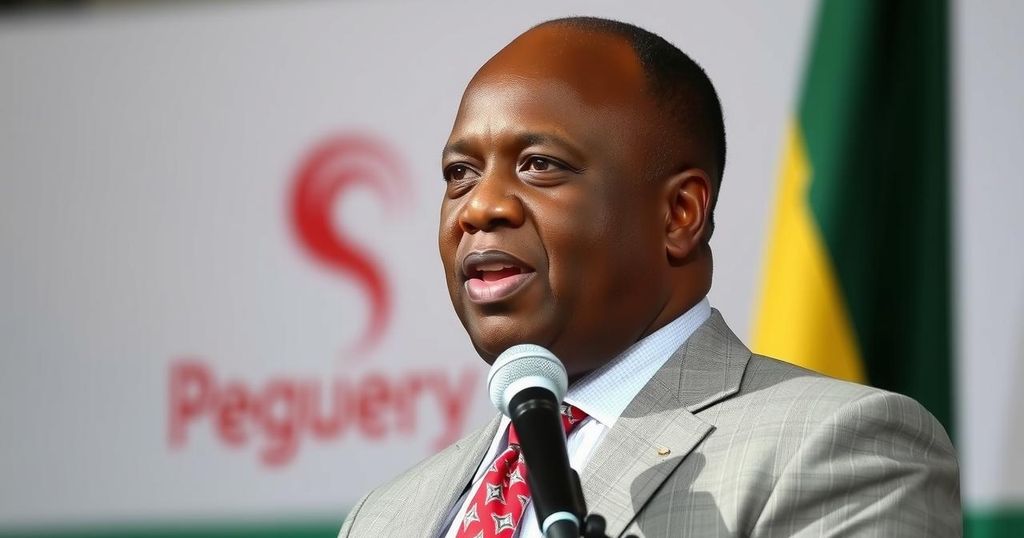Expectations High for Ghana’s New President John Mahama: Promises of Tax Cuts and Job Creation
John Mahama has been elected as Ghana’s President and faces immense expectations to create jobs and reduce taxes while combating corruption. His victory returned him to power after a challenging period and follows widespread dissatisfaction with the previous administration’s handling of the economy. Mahama is committed to implementing significant changes and addressing the cost of living crisis, although skepticism remains regarding the feasibility of his promised reforms.
Ghana’s newly elected President John Mahama faces lofty expectations from voters following his recent electoral victory, which saw him reclaim the presidency with a decisive 56.6% of the vote. His campaign was marked as highly effective by analysts, showcasing his ability to connect with the electorate’s frustrations regarding the economy and governance under the previous administration. Citizens are particularly hopeful for job creation, tax reductions, and strategies to combat corruption.
Mahama, who previously served as president from 2012 to 2016, must now address significant economic challenges, including a high unemployment rate near 15% and a rising cost of living that has negatively impacted many Ghanaians. Observers note that the previous government’s inability to manage the economy effectively contributed to Mahama’s return to power. His plans include reducing the size of the cabinet and eliminating some unpopular taxes, although skepticism exists regarding the feasibility of these initiatives given the dire state of the national budget.
The incoming administration, with former Education Minister Naana Jane Opoku-Agyemang poised to become Ghana’s first female vice-president, emphasizes merit-based appointments and effective governance. Mahama has committed to revitalizing the economy, advocating for incentives for night-time businesses, and promising to address the country’s fiscal challenges. Given his history with corruption allegations during his previous terms, he is also expected to implement rigorous anti-corruption measures, though his past may complicate public trust.
As Mahama prepares to assume office, he recognizes the high expectations of Ghanaians and the potential consequences of failing to deliver on promises. He has expressed his commitment to moving the nation forward, insisting that the best days lie ahead. The pressure to fulfill campaign pledges could lead to significant public scrutiny in the coming months, impacting both his administration’s credibility and Ghana’s socio-economic landscape.
The electoral landscape in Ghana has been shifting, particularly in light of a severe economic downturn that has affected many citizens. John Mahama’s recent victory represents a significant pivot in governance, as he returns to leadership after a challenging eight-year interval out of power. The prior administration faced backlash due to its performance, particularly concerning economic stability, leading to an increased appetite among voters for change. Mahama’s campaign promises revolve around job creation, tax reform, and combating corruption, elements crucial to addressing the public’s immediate concerns and fostering a more stable economic environment. As the country grapples with recent challenges including a high unemployment rate and inflation, Mahama’s proposed policies will be scrutinized closely by a populace eager for tangible results after years of economic distress.
In conclusion, President-elect John Mahama stands at a critical juncture as he prepares to lead Ghana amidst overwhelming expectations for economic reform and governance integrity. His re-election is a response to public dissatisfaction with the previous administration, and he faces the dual challenge of delivering on his ambitious proposals while contending with the realities of a strained national budget. Mahama’s success in addressing the pressing issues of unemployment and corruption will be vital in restoring public confidence and ensuring a stable future for Ghana.
Original Source: www.bbc.co.uk




Post Comment